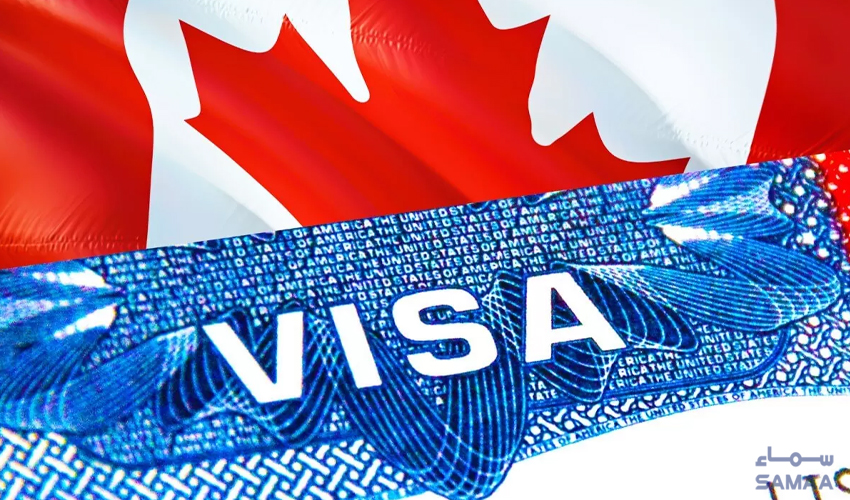In a move reflective of shifting dynamics in international student admissions, Nova Scotia has been granted 12,900 study permits for the year 2024, marking a notable decrease from previous years.
This allocation, provided by the Canadian Federal Government, underscores a deliberate effort to stabilize international student numbers in the region while addressing concerns of sustainability within the education sector.
Decrease in permit allocations
The issuance of 12,900 study permits signifies a decrease of approximately 7,000 permits compared to figures from the previous year. Despite this reduction, Nova Scotia remains an attractive destination for international students seeking higher education opportunities.
As of October 2023, the province boasted approximately 16,000 full-time international students enrolled in various post-secondary programs, reaffirming its status as a preferred choice for academic pursuits.
Strategic permit distribution
The allocation of study permits will be distributed among 32 designated learning institutions (DLIs) in Nova Scotia, encompassing universities, community colleges, private career colleges, and language schools.
Notably, the province officially hosts 41 DLIs, highlighting the careful consideration undertaken in distributing permits across various institutions.
Flexibility and advocacy
In a bid to accommodate unforeseen circumstances, Nova Scotia has reserved 99 application spaces, demonstrating a commitment to flexibility in managing international student admissions.
Brian Wong, Nova Scotia’s Minister of Advanced Education, emphasized the province's strategic approach in distributing study permits, taking into account factors such as program demand and community growth. Additionally, Wong advocated for increased support from the federal government to bolster Nova Scotia’s education sector.
Key points
- The federal cap on study permits aims to stabilize international student numbers in Canada, with Nova Scotia receiving a reduced allocation of 12,900 permits for 2024.
- Canada is expected to issue 360,000 study permits to international students in 2024, reflecting a significant reduction of 35% from the previous year.
- Certain categories such as master’s or graduate-level degree programs, current study permit holders, or study permit renewals are exempt from the cap.
- International student applicants are now required to include a Provincial Attestation Letter (PAL) in their final study permit applications, aligning with the province’s allocation process.
- Regional Developments
Prince Edward Island (PEI) has announced its allocation of 2,000 study permits among three DLIs, with facilitation by the Department of Workforce, Advanced Learning, and Population.
Provinces like Ontario and British Columbia have outlined their distribution plans for study permits, reflecting varying allocations between public and private DLIs.



























